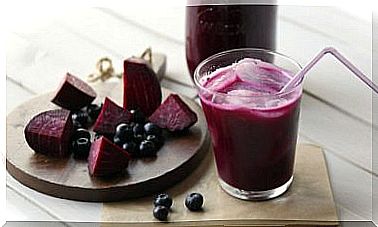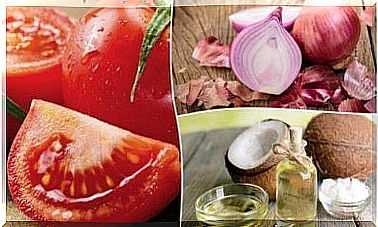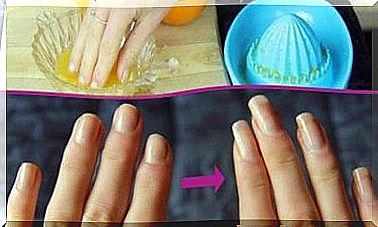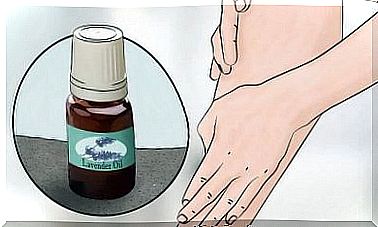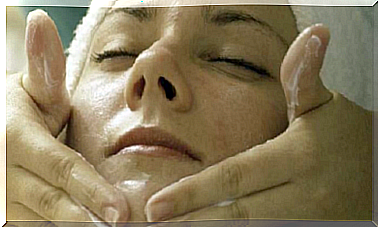Aloe Vera – Wound Healing And Refreshing
Aloe Vera prevents infections and has a wound healing effect, which is very helpful for acne or sunburn.
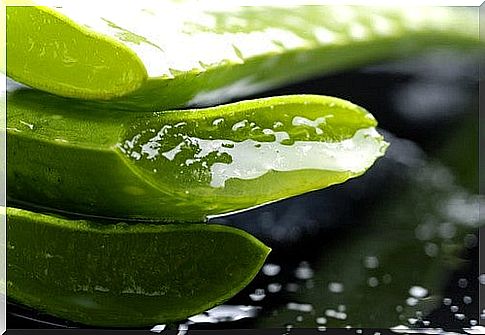
Aloe Vera is also known as a miracle plant, it has long been used for a wide variety of ailments.
The active ingredients contained in this plant regenerate and refresh the skin and help with wound healing. Aloe Vera is also highly recommended for our general health .
There are around 250 types of Aloe Vera, with Aloe Barbadensis having the best medicinal properties.
Aloe was already used by women for skin care in ancient Egypt. The story goes that this plant was one of the beauty secrets of Cleopatra and other women of her time.
The different uses include: heartburn, stomach ulcer, constipation, dermatitis, dandruff, inflammation, wrinkles and dry skin, etc.
Various studies are ongoing to investigate its effectiveness in diseases such as cancer, diabetes, high cholesterol and autoimmune diseases.
Benefits for the skin
The skin can benefit from the following positive properties of aloe vera: it has antiseptic, antibacterial, anti-inflammatory and anti-fungal properties .
Aloe also helps with suppuration and prevents germs from entering the wound by the plant forming a protective layer.
Aloe vera is particularly recommended for acne and sunburns. It can accelerate the healing process and prevent infections of the damaged skin.
Note that use should be limited to smaller wounds. Aloe is not recommended for deeper or larger wounds, as the increased blood flow could result in complications.
Internal application
Aloe Vera can also be used internally. You can make aloe juice at home (get professional advice) and buy juice, shakes, powder, etc. from stores. Pay attention to the quality and recommended amounts depending on your state of health.
Does aloe vera have any side effects?
Avoid using aloe vera during pregnancy and breastfeeding. The active ingredients of this plant can trigger uterine contractions and result in spontaneous abortions or premature births.
Children under the age of 12 should also avoid using aloe vera internally.
When used topically on the skin, there are usually no side effects. However, an allergy cannot be ruled out.
You can do a simple test by putting some aloe vera gel on the inside of your arm and letting it sit for 20-30 minutes. If there is no reaction during this time, you can use the plant without worry.
Avoid aloe vera if you are taking natural or medicinal dehydrating agents, laxatives, blood sugar lowering agents, anticoagulants, and cortisone. The effect of the drugs described could be increased, which could be counterproductive.
Do not forget…
For your safety, if you are taking other medicines, you should discuss with your doctor whether aloe vera is recommended for your health.
As you already know , all medicinal and natural remedies must be taken with great responsibility.
Even if they are natural remedies, that doesn’t mean that you can consume them in unlimited amounts to get positive results. Everything with measure!
Any natural remedy takes persistence and patience. It is also advisable to consult your doctor about what is the best possible application for you, e.g. whether aloe works better internally or externally in your case and how long the treatment should last.
Every day there are new medicines and drugs to treat a wide variety of complaints, which, however, can also have negative side effects, which we usually do not pay much attention to.
Why don’t we turn to mother nature anymore? Why don’t we use more natural remedies that we can find for free with the help of experts?
